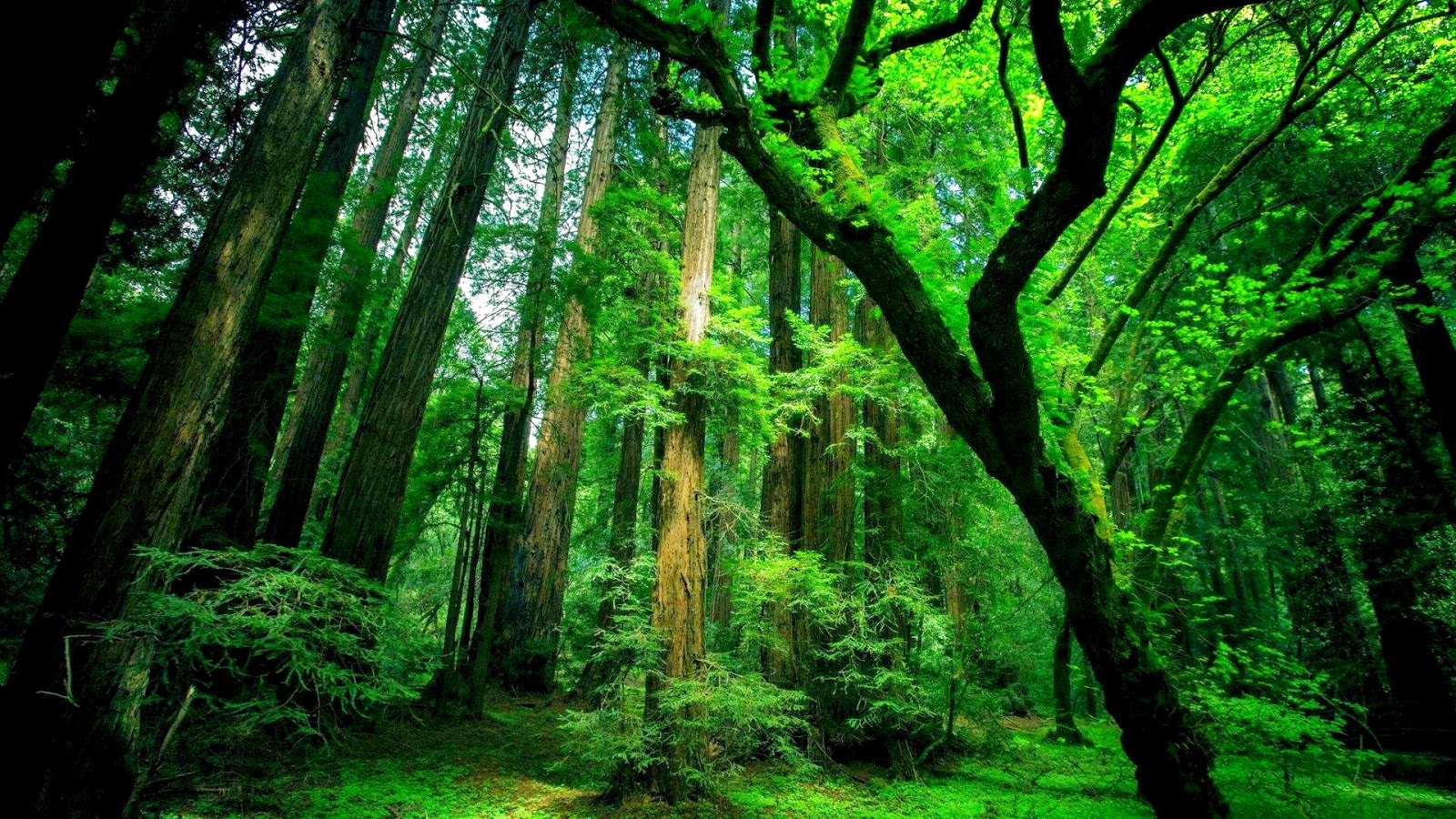6 phút từ vựng: Secrets of the rainforest

Transcript
Callum: Hello and welcome to 6 Minute English, I'm Callum Robertson and with me today is Kaz, hello Kaz.
Kaz: Hello Callum.
Callum: Today we're going to be talking about the rainforest and in particular the rainforest in Borneo. In 2007 there was an agreement to protect a large area of rainforest and environmental scientists have just revealed some of the strange and rare animals and insects that live there. Kaz, have you ever been to Borneo or any other rainforests?
Kaz: I've been to rainforests and I've been lucky enough to have been to Borneo too. I spent two years there.
Callum: Fantastic, right, well you'll be an expert on this topic. And I have a question for you Kaz. It's estimated that there are about 10 million different species on the planet. How many have so far been discovered? Is it:
a: 750,000
b: 1.7 million
c: 2.4 million
Kaz: Difficult one Callum, but I would probably say 2.4 million but I'm not sure, so I might go with 1.7.
Callum: Make a decision!
Kaz: OK, let's say 2.4.
Callum: OK, We'll find out if you're right at the end of the programme. David Norman from the World Wide Fund for Nature, the WWF, spoke to the BBC about the Borneo rainforest and the discoveries there. He talks about rainforests being some of the most biologically diverse habitats on earth. Kaz, what does he mean by a biologically diverse habitat?
Kaz: Well Callum, as I understand it, biologically diverse means that there are lots and lots of different living things living in that particular area, that particular ecosystem. So there are many different species living in the same place.
Callum: OK. Let's listen to David Norman. He mentions some of the diverse wildlife in Borneo and specifically four different animals. What are they?
David Norman
These are some of the most biologically diverse habitats on the whole of the Earth. It's one of only two places on Earth where you have elephants, and orang-utans and rhinoceros and clouded leopards all living in the same territory. So it's really extraordinarily rich tropical rainforest.
Callum: Kaz, what animals did he mention?
Kaz: He mentioned: elephants, orang-utans, which are large apes, rhinoceros and clouded leopards.
Callum: And in your time in Borneo did you ever see any of these, these animals?
Kaz: In a protected area I saw orang-utans and that was in Sabah, that's the northern part of Borneo. But in my wonderings around the rainforests of Borneo I saw many birds, many insects and many different kinds of apes and monkeys, gibbons in particular. In the rainforest you tend to hear more than you see. And the rainforest sounds a bit like this. This is a recording that I made at night. And the animals are mainly frogs.
Rainforest recording
Callum: Fantastic, that's really, there's a lot of atmosphere there, isn't there?
Kaz: It's a very atmospheric place. And as I said you tend to hear things before you see them.
Callum: David goes on to talk about some of the more unusual creatures that have been discovered in the Borneo rainforest. Here he talks about two different species. What are they, and what is particularly unusual about them?
David Norman You know quite remarkable insects just found nowhere else on earth. There's the world's longest insect has been discovered here. This is about half a metre long, so if this thing lands on your head, its tail is somewhere down near your hand. It's amazing that only three examples of this have ever been discovered, that's how rare it is, it's up in the forest canopy. There's a frog, for example, as well, that has no lungs, this is extraordinary. This is a creature that has evolved to breathe entirely through its skin, so you know, extraordinary stories from the natural world.
Callum: Extraordinary stories from the natural world indeed. What two discoveries did he mention Kaz?
Kaz: He mentioned a frog that has no lungs. So, I have lungs, I breathe like this. This frog, doesn't have lungs, it breathes through its skin. And he also mentioned the world's longest insect at half a metre. Now just imagine that landing on your head Callum!
Callum: I'd rather not! How about you Kaz, how do you feel about things like insects and spiders?
Kaz: Well, insects and spiders, creepy-crawlies, I have no problem with them.
Callum: You don't mind touching and holding creepy-crawlies?
Kaz: I don't mind them, in fact, as a young boy I used to keep stick insects at home.
Callum: Right, fascinating!
Kaz: But they weren't half a metre long, these were small, these were about four inches long.
Callum: Well it's time to answer the question from the beginning of the programme. It's estimated that there are about 10 million different species on the planet. How many have so far been discovered? Kaz, you said …
Kaz: I thought 2.4 million.
Callum: To find the answer we're going to listen again to David Norman from WWF.
David Norman There are about 10 million species perhaps on the planet and we've only discovered 1.7 million of those.
Callum: So the answer was 1.7 million. And you nearly got there, I kind of persuaded you to choose one option. Well, that's all from us today but do join us again for more 6 Minute English. Thank you very much Kaz, Goodbye.
Kaz: Goodbye Callum.
Tổng hợp từ vựng mới trong bài
- species
a group of living things, such as plants, animals and insects that share the same general features.
Example:
"We continue to discover new species every day. Remove the forests and you will also exterminate countless species." (BBC News)
- biologically diverse habitats
areas where many different living things have their natural home
Example:
The rainforests are some of the most biologically diverse habitats on Earth.
- an ecosystem
all the life forms in an area that exist together and depend on each other
Example:
When the balance of an ecosystem is changed - by the introduction of new elements or dramatic rises in one or more of them - the normal functioning of the ecosystem can be disrupted. (BBC Bloom)
- creepy-crawlies
an informal expression for insects and spiders
Example:
A month in a small, ill-equipped hut in the middle of a rainforest with nothing but unfeasibly large creepy-crawlies for company? (BBC Cambridgeshire)
- a bug
informal word for an insect











Bình luận